
13 Safety Travel Tips for Nepal
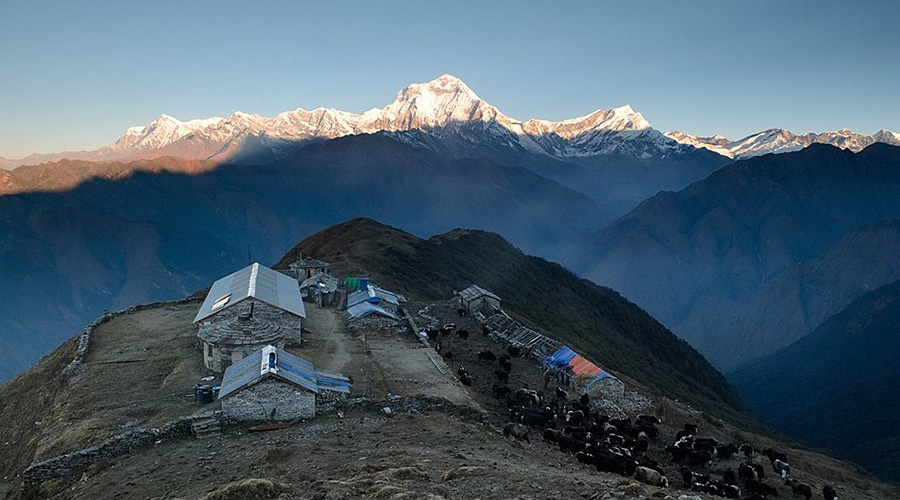
Welcome to Nepal, a landlocked nation popular for its phenomenal Himalayan landscapes, rich cultural heritage, and abundant natural beauty. From the world's highest peaks to tranquil valleys, Nepal offers diverse natural wonders for adventure seekers and nature enthusiasts. Explore ancient temples, monasteries, and UNESCO World Heritage sites that showcase the country's vibrant history. Immerse yourself in the local traditions and festivals, and embrace the spiritual essence of this enchanting destination. For a hassle-free and remarkable trip, follow these 13 Safety travel tips for Nepal.
1. Research and plan:
Before your trip, research your desired destinations, local customs, travel advisories, and safety concerns to ensure a well-informed and prepared journey. Familiarize yourself with local laws and regulations for a smooth and enjoyable experience in Nepal.
2. Learn about local customs:
Respect Nepal's diverse culture by familiarizing yourself with local customs and traditions, ensuring you show proper respect and avoid unintentional fault.
3. Check travel advisories:
Check your government's website or reputable international organizations for travel advisories regarding Nepal, providing vital information on visas, passports, safety concerns, politics, and health risks.
4. Stay updated on travel advisories:
Stay informed about travel advisories and register with your embassy for assistance during emergencies while in Nepal.
5. Get travel insurance:
Choose a reputable travel insurance provider, understand the policy details, and keep a copy with emergency contact numbers for a well-prepared trip.
6. Share your itinerary:
Share your detailed itinerary and accommodation information with a trusted person, staying in regular contact during your trip for enhanced safety and well-being.
7. Respect local customs and traditions:
Respect Nepal's traditional culture by dressing modestly, especially in rural areas and religious sites. Stick to local customs by removing shoes and dressing appropriately when visiting temples and monasteries. Follow specific guidelines provided by site authorities for a respectful experience.
8. Learn Basic Nepali Phrases
Learn basic Nepali language phrases to facilitate communication and engage with locals during your trip to Nepal. E.g. ‘Namaste’ is a common greeting term.
9. Stay attentive and aware:
Use caution in crowded areas, markets, and public transportation to safeguard your belongings from pickpockets. Prevent attracting unwanted attention by minimizing the display of valuable items such as jewelry, cameras, and electronics, keeping them secure and subtle.
10. Transportation safety:
Prioritize your safety by selecting licensed and reputable transportation services like taxis or buses in Nepal to minimize the risk of scams or complications. When traveling by road, especially in mountainous regions, be prepared for challenging terrain and consider hiring an experienced driver familiar with navigating winding and narrow roads.
11. Trekking safety:
For trekking in Nepal, assess your fitness level. Consult with your healthcare provider if you have any medical conditions affected by altitude or exertion. Properly acclimatize by gradually ascending and spending time at intermediate altitudes to reduce the risk of altitude sickness. Avoid solo trekking for safety purposes. Enhance your trekking experience by hiring experienced guides and porters from reputable agencies for safety, local knowledge, and assistance with belongings.
12. Stay hydrated and watch your health:
Stay hydrated and drink plenty of water. Especially in Nepal's high-altitude and diverse climate by carrying and drinking ample water, to prevent dehydration and altitude sickness. Ensure food and water safety by opting for bottled or purified water and avoiding raw or undercooked food. Prioritize trustworthy restaurants or eating places that prioritize hygiene and food safety for a healthy dining experience.
13. Emergency contact information:
Ensure your safety by saving important contact numbers such as your embassy, local emergency services, accommodation details, and emergency helplines. Store them in your phone and have a physical copy as a backup during your Nepal trip.


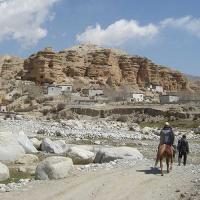
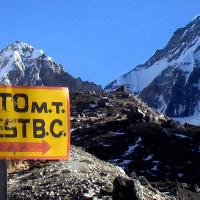
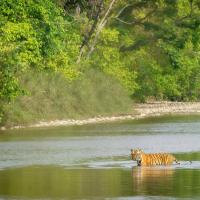
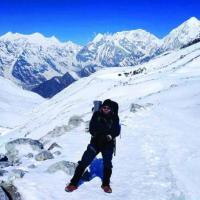
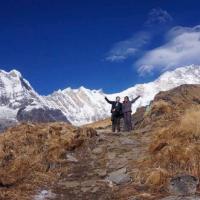
Post your comment